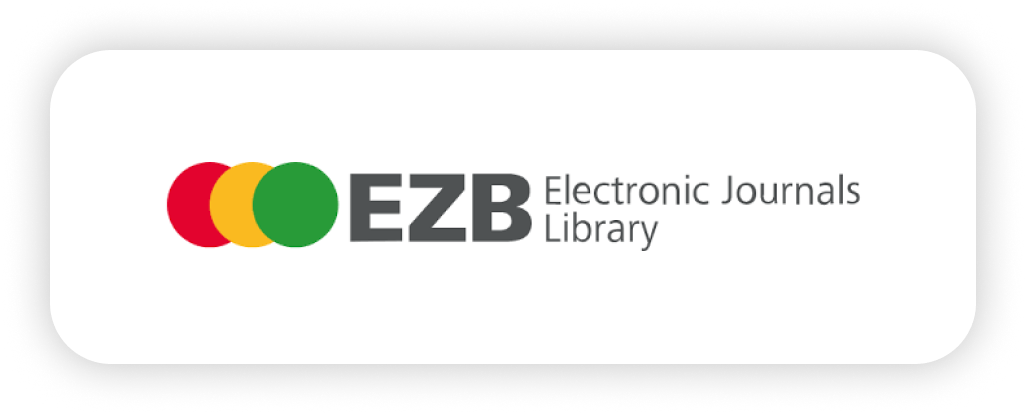The Effect of Clarity of Budget Targets and Reporting System on Performance Accountability with Internal Control as Intervening Variables in SKPD Kotabaru District Government
DOI:
https://doi.org/10.38142/jebd.v1i1.36Keywords:
Budget Goal Clarity,, Reporting System and Accountability of Government Performance,, The System of Internal Control,, Public Sector Organization,Abstract
Purpose:
Financial Reporting System, In the public sector, financial reports have an important role in generating accountability. The financial information contained in the financial statements becomes the basis for considering decisions. Financial information as a tool to carry out public accountability as effectively as possible, and is not included as the final goal of public sector accounting.
Methodology:
This study aims to examine the clarity of budget targets and reporting systems that affect performance accountability. This study also examines whether the internal control system mediates the effect of the clarity of budget targets and the reporting system. This study is of the type of associative causality and is carried out through a survey method by distributing questionnaires to the compilers of the performance accountability report of government agencies in Kotabaru.
Findings:
The population of this study was all SKPD in the Kotabaru Regency Government, totalling 30 SKPD consisting of 82 sample respondents. This study uses descriptive statistical analysis and partial least squares (SEM-PLS) analysis. Analysis powered by Smart-PLS 3.0.
Implication:
The results of this study show that the clarity of budget targets and internal controls affect the performance accountability of government agencies, while the reporting system does not affect performance accountability. Clarity of budget targets, and reporting systems affect internal control. Internal control as an intervening variable can affect the clarity of budget objectives and reporting systems on performance accountability.
Downloads
References
Abdul Halim. (2007). Akuntansi Sektor Publik : Akuntansi Keuangan Daerah (Edisi 3). Salemba Empat, Jakarta.
Amijaya, H. T. (2019). Pengaruh Sistem Pengendalian Intern Pemerintah Terhadap Akuntabiltas Laporan Keuangan Pemerintah Daerah Dengan Good Governmet sebagai Variabel Intervening (Studi Kasus pada Organisasi Perangkat Daerah Kabupaten Bandung Barat). Program Studi Magister Akuntansi, Universitas Widyatama.
Anggraini, L., Sari, R. N., & Afrina, D. (2015). Pengaruh Penerapan Sistem Akuntansi Pemerintah Daerah, Pengendalian Intern Dan Sistem Pelaporan Terhadap Akuntabilitas Kinerja Instansi Pemerintah (Studi Persepsian Pada Satuan Kerja Perangkat Daerah Kota Pekanbaru). Riau University.
Anthony, R. N., & Govindarajan, V. (2009). Management Control System, Sistem pengendalian manajemen, Buku 2 (Edisi 11). Salemba Empat, Jakarta.
Budi Santoso. (2015). Keagenan (Agency): Prinsip-prinsip Dasar, Teori, dan Problematika Hukum Keagenan. Ghalia Indonesia.
Chandarin, G. (2018). Metode Riset Akuntansi Pendekatan Kuatitatif. Jakarta, Salemba Empat.
Daulay, & Murni. (2010). Metodologi Penelitian Ekonomi. Medan : USU Press.
Ghozali, I. (2014). Structural Equation Modeling Metode Alternatif dengan Partial Least Square (PLS) dilengkapi Software Smartpls 3.0 Xlstat 2014 dan WarpPLS 4.0. Badan Penerbit Universitas Diponegoro.
Downloads
Published
Issue
Section
License
Copyright (c) 2023 Sanusi SANUSI, Padlah RIYADI

This work is licensed under a Creative Commons Attribution-NonCommercial 4.0 International License.
Creative Commons Attribution-NonCommercial 4.0 International License.




















